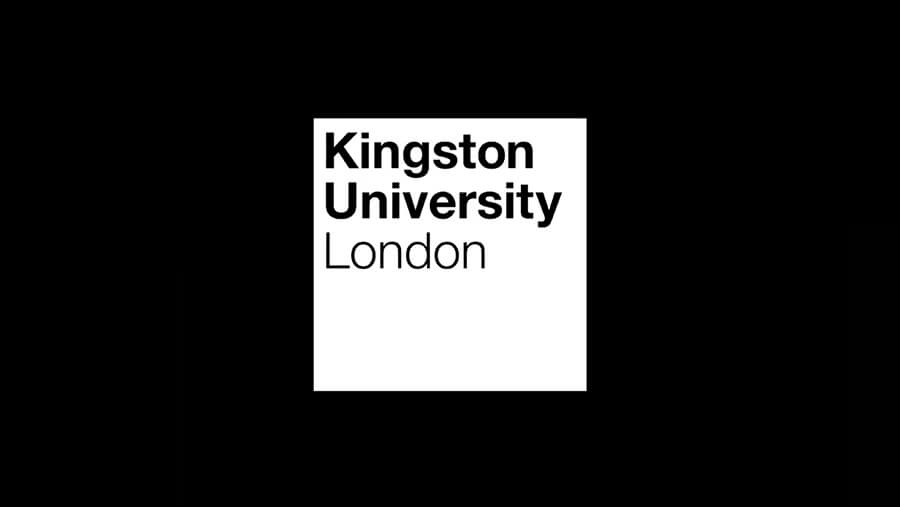This course, accredited by the Institute of Biomedical Science, provides an in-depth understanding of disease processes and diagnostic techniques. It links academic knowledge to the practical applications of biomedical science, particularly in relation to modern diagnostic methods. You can choose to study one of two pathways – haematology or medical microbiology. Taught by researchers and expert practitioners, the course content is kept up to date through extensive links with leading healthcare and research laboratories such as GlaxoSmithKline, the Institute of Cancer Research and local hospitals. In addition, key features of the course include the following.
- Skills to enhance employability are embedded within the curriculum to maximise job opportunities in a wide variety of biomedical science careers, including hospital and commercial laboratories, research, teaching and sales.
- Teaching on the course is research-led and research-informed to ensure that all students are aware of the latest developments in biomedical science.
Reasons to choose Kingston University
- This course is relevant to both professional biomedical and research careers. It offers an in-depth understanding of disease processes and diagnostic techniques.
- The University has extensive links with leading healthcare and research laboratories such as GlaxoSmithKline, the Institute of Cancer Research and local hospitals.
- Flexible timetables and part-time options can help you fit your studies around other commitments.














